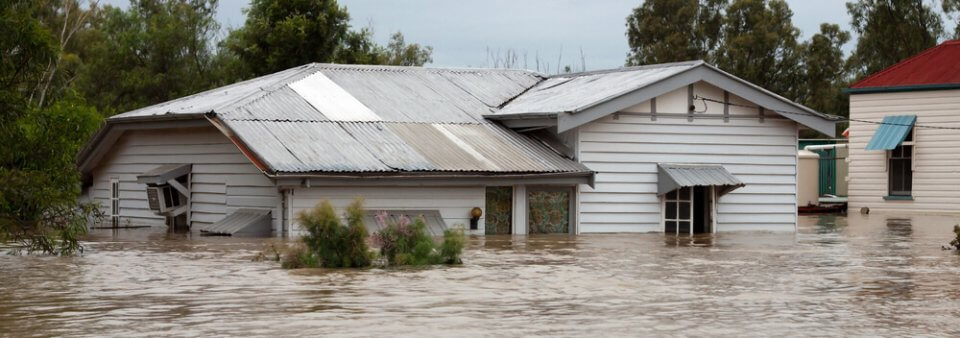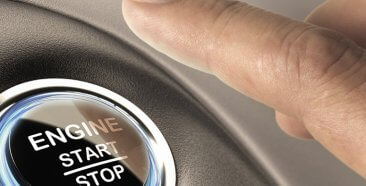
Depending on your current insurance plan status, your homeowners’ insurance coverage should be reviewed annually to meet your needs. Understanding what types of damages are covered is important to review as well, especially when it comes to flooding. The average cost of homeowners’ insurance will be lower without supplemental flood insurance, but may still cover your immediate needs. While it is important to know what is covered in the event of a flood or disaster, it is equally important to understand what isn’t covered.
What Is Covered in Case of Flood Damage
There are different types of flooding, from emergency plumbing damage to larger natural disasters. Run-of-the-mill, everyday flooding from plumbing problems are usually covered. Here are few types of damages and recovery that should be covered by homeowners’ insurance:
- Property damage and structural repair needs should be covered with homeowners’ insurance. Flooding from frozen pipes or a leaky toilet can damage other parts of the home such as walls, carpeting, or ceilings. Damages will be reviewed and repaired under most insurance policies.
- Personal items that you have previously proved in a list to your insurer can be covered in the event of flooding. Have your list of valued items vetted by your insurance agency ahead of time. This can help you review damages after the fact, and easily and quickly receive reimbursement.
- Appliances and electronics attached to the home are also considered recoupable items that are insured. These might fall in between home repairs and personal items, but appliances such as refrigerators, washing machines, and HVAC systems should all be covered as well.
What Isn’t Covered in Case of Flood Damage
Experiencing a natural disaster such as a flood can be hard on anyone, but this can be even more difficult to recover from if you don’t have the right homeowners’ insurance in place. Generally, larger natural disasters aren’t covered by homeowners’ insurance, and homeowners may need to purchase more targeted flood damage insurance. Agencies such as FEMA provide assistance to get back on one’s feet during a hardship. Here are a few other things that wouldn’t be covered in a flooding situation:
- There are different types of flooding, and some might be caused by the property owner’s neglect. This might include mold or mildew that accumulates over time in a basement with a slow leak, which might be seen as damages that a homeowner could have avoided.
- Loss of time and income while recovering from flood damage isn’t something that can be directly covered by your insurance.
- While cars, ATVs, and boats might be on your property, they may fall under different insurance policies, even if they were damaged in a flood. The need for a rental car is also something that might be covered by your car insurance rather than your homeowners’ insurance plan.
If you don’t have homeowners’ insurance at all, you could possibly rely on emergency agencies offering assistance, but this is usually minimal. Homeowners might be on the hook for further repairs and replacements if insurance isn’t in place. Overall, the average cost of homeowners’ insurance is most likely worth monthly payments in the long run, compared to possible damages from a flood. Homeowners insurance quotes online can help you review your personal situation and specific needs when it comes to insurance.
Freeway Insurance provides quality homeowners insurance for affordable rates. Call (800) 777-5620 to speak with an experienced agent to get a free quote. Don’t leave your home uninsured. Call today.


